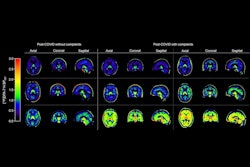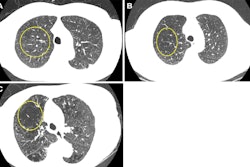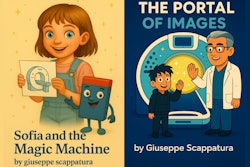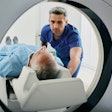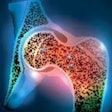More in Home
Global survey shows deep concerns over burnout, workforce issues
January 27, 2025
Maskell's musings: What makes a good radiologist?
January 27, 2025
Radiology can play central role in humanizing mortality
January 27, 2025
What brain mechanisms drive depression in older adults?
January 24, 2025
New analysis emerges from SCOT-HEART CT study
January 24, 2025
German team supports use of endovascular thrombectomy
January 23, 2025
DEXA receives major boost for osteoporosis screening
January 22, 2025
From Vienna to Val-d'Isère: Valérie Vilgrain on video
January 21, 2025
What can we do to control demand for imaging?
January 20, 2025
ML model using CCTA, MRI data predicts MACE in cardiac patients
January 20, 2025
Top 5 predictions for imaging IT and AI sectors
January 17, 2025
Patient death prompts RCR to act on gastric bands
January 16, 2025






